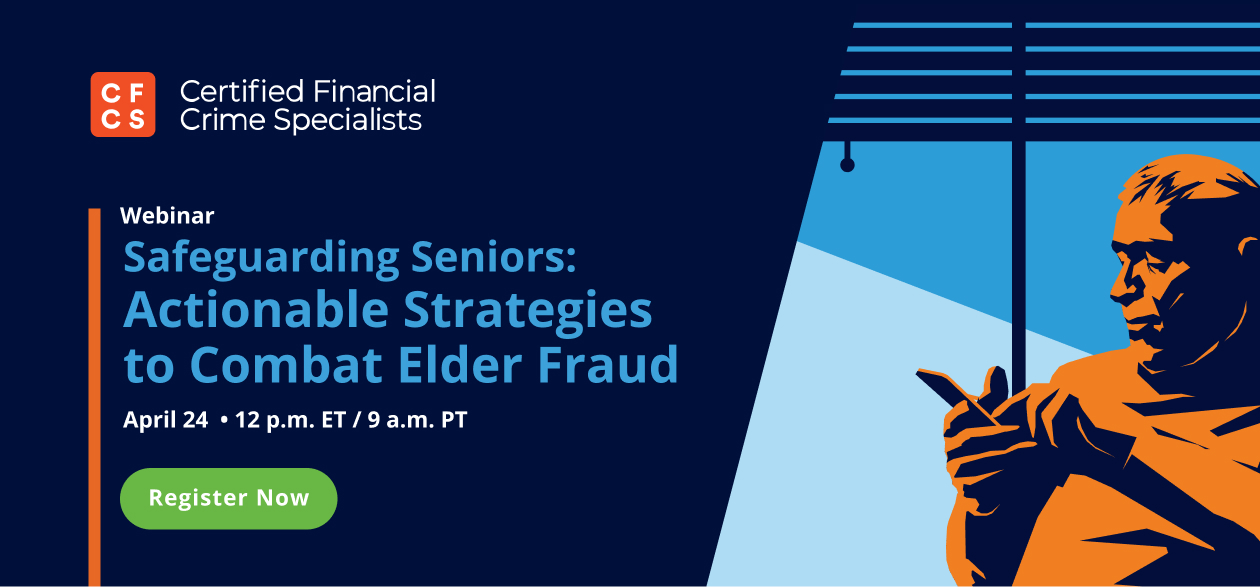
Digital connections have become lifelines for our senior citizens. But the digital realm, a space that promises connection and convenience, also harbors a menace: elder fraud scams.
Exclusive Feedzai research, drawing on the experiences of over 3,000 seniors worldwide, illuminates the stark reality of elder fraud. It also highlights the pivotal role that financial institutions and online ecosystems like social media platforms and telecom providers play in safeguarding vulnerable individuals.
Common Types of Elder Fraud Scams
Imagine the shock and betrayal felt by a grandparent who discovers that the online marketplace where they purchased a gift for a grandchild is fake. Or the despair of a retiree who realizes their nest egg has vanished into the ether of a phantom investment. These aren’t just scenarios — they’re the harsh realities of purchase scams and investment schemes.
Even more heartbreaking is the deceit of imposter and romance scams. Fraudsters, masquerading as trusted officials or potential romantic partners, weave intricate lies to trap their victims. Behind each statistic is a story of trust betrayed and hearts broken.
Our report details some of the most common tactics scammers use to deceive older victims. They are:
Purchase Scams
Deceptive schemes in which fraudsters trick individuals into buying goods or services from an online store or marketplace. However, the purchased goods are either nonexistent or significantly different from what was promised.
Investment Scams
Fraudsters deceive victims into investing money in fake or nonexistent ventures, often promising high returns but ultimately resulting in financial loss. This is a particularly dangerous scam as many elderly victims rely on their investments for retirement.
Imposter Scams
A criminal or con artist poses as someone trustworthy, such as a government, law enforcement, or bank official, to manipulate individuals into providing personally identifiable information or money.
Romance Scams
In this genuinely heartbreaking type of scam, fraudsters set up fake dating profiles or lie about their intentions to build romantic relationships to exploit victims emotionally and financially.
Sadly, these are just a few common types of elder fraud. Fraudsters have many avenues to deceive seniors using scams and coercing victims into sharing personal or financial information. This may include their social security or taxpayer numbers, debit cards or credit card numbers, or bank account details.
The Aftermath of Elder Fraud: A Cautionary Word for Banks
Financial loss, while devastating, tells only part of the story. It also harms victims’ mental and emotional health and well-being. Victims shared the emotional turmoil that follows: anger, shame, isolation, and more. The silent suffering of these elders reflects a deeper societal issue.
Financial institutions’ response—or lack thereof—adds insult to injury. The feeling of abandonment by their banks, as revealed by Feedzai’s research, underscores a critical gap in our financial safety nets.
Most respondents (58%) said their banks did not offer the support they needed. Meanwhile, 44% said they did not recover their lost funds, and 35% were forced to unpack the aftermath of a scam on their own. A significant share cast doubts on the measures their bank is taking to prevent scams.
How Banks Can Protect Older Customers From Fraud
These findings should call on the banking industry to step up its elderly fraud protection efforts. Banks must do everything they can to prevent scams from occurring and help victims in their time of need.
This comprehensive report highlights the financial implications and delves into the emotional toll that elder fraud inflicts on its victims. Behind the report’s compelling statistics and data lie real people: parents, grandparents, friends, and beloved family members.
Feedzai’s in-depth report, “The Impact of Elder Fraud and Scams,” provides a blueprint for banks to prevent elder fraud and scams targeting senior citizens. Download the data-rich report today and learn how to protect some of our most vulnerable people from the threat of fraud.
Don’t miss our upcoming webinar, “Safeguarding Seniors: Actionable Strategies to Combat Elder Fraud,” as Feedzai’s Jasbir Anand unpacks the report’s exclusive findings with the Association of Certified Financial Crime Specialists. Save your spot and learn how to keep seniors safe from elder fraud scams.
Share this article:
Related Posts
0 Comments4 Minutes
Feedzai’s AI Technology Earns Industry Recognition by Chartis
Feedzai, the world’s first RiskOps platform, has secured a pair of critical recognitions…
0 Comments6 Minutes
10 Fraud Prevention Tips for Businesses
Hopefully, you’ve had a chance to read Feedzai’s James Hunt’s insightful conversation…
0 Comments7 Minutes
Beyond the Face: Why Vietnam’s Banks Need Behavioral Biometrics to Fight the Rising Tide of Fraud
Financial transactions are increasingly virtual in today’s digital age, making fraud…

